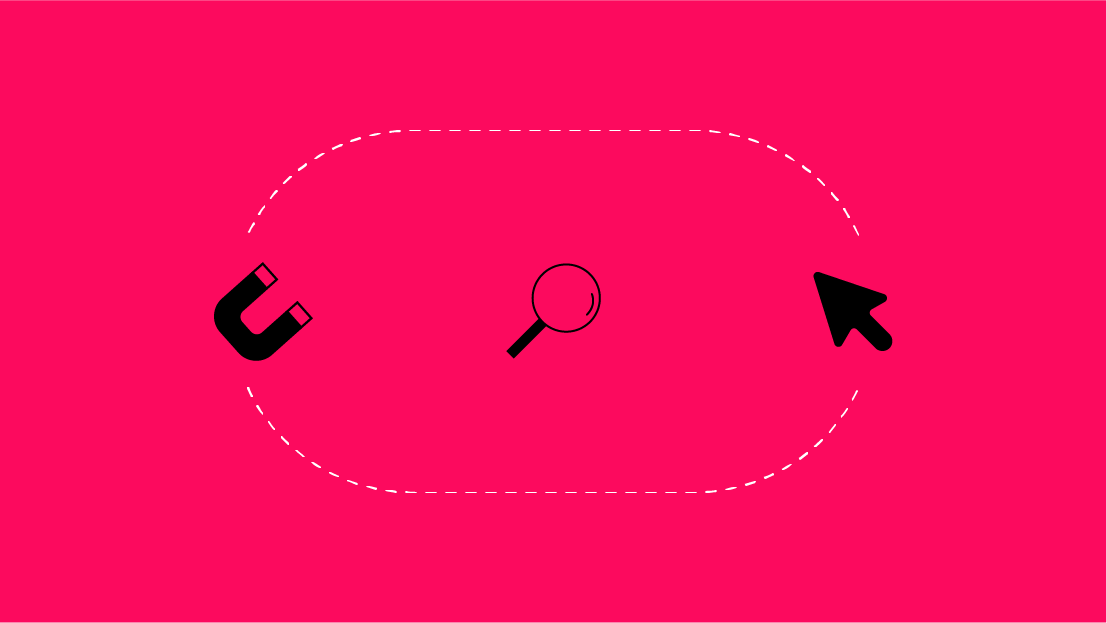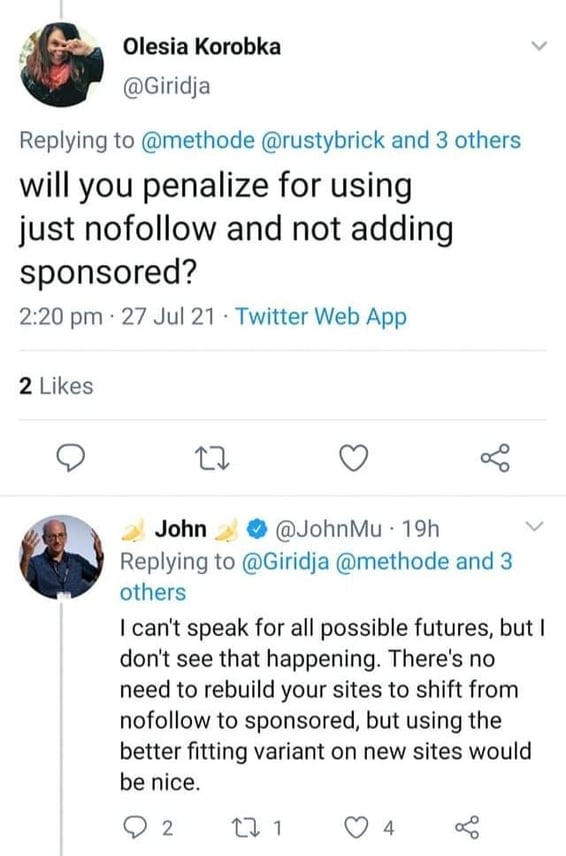07 Feb

Affiliate links do not affect SEO negatively or positively when tagged correctly. Adding rel=sponsored html tags to affiliate links ensures that search engines understand your site’s relationship to the linked site, and protects your site from any Google penalties associated with spammy link practices.
What are Affiliate Links?
Affiliate links are paid or sponsored links that indicate a business relationship between the site hosting the content and the site being linked to.
To comply with Google’s guidelines for affiliate links, it is recommended to use the “rel=sponsored” attribute on affiliate links. This tells search engines that the website owner does not endorse the linked site, and that the link should not pass any link juice (page authority) to the linked site.
Here are some link examples that should be tagged as affiliate links:
- Links to a guest blogger’s website from their posted article
- Product links with UTM parameters that make a commission when the product is purchased
- Links to different service websites from a ‘best of’ round-up article
Do Affiliate Links Pass Equity in the Same Way Other Links Do?
Affiliate links do not pass the same amount of link equity as regular links. When a website links to another website using a “nofollow” or “sponsored” link attribute, as is recommended for affiliate links, it tells search engines not to pass link equity to the linked site.
This means that the linked site will not receive any of the linking site’s page authority, which is a metric used by search engines to determine how authoritative and trustworthy a website is. Instead, the link serves as a way to direct users to the linked site but does not contribute to its search engine rankings.
It’s worth noting that not all links pass the same amount of link equity, as well as not all links are equal. For example, a link from a high-authority website like a .edu or .gov will pass more link equity than a link from a low-authority website.
How Should I Tag Affiliate Links?
Affiliate links should be tagged with rel=”sponsored”. The rel=”sponsored” tag indicates that the link is sponsored and should not pass any PageRank or link equity to the linked-to website.
Here is an example of how to add the “rel=sponsored” attribute to an affiliate link:
<a href=”http://www.affiliate-site.com” rel=”sponsored”>Affiliate Link</a>
Google’s guidelines explicitly state that all affiliate links should be tagged with rel=sponsored but insiders at Google have also stated that rel=nofollow tags accomplish the same thing.
Before rel=sponsored was introduced in 2019, all links indicating a monetized partnership were required to be tagged rel=nofollow instead. Thankfully, if you’ve been tagging your sponsored links with rel=nofollow, you don’t need to manually update each one to be in compliance. Instead, switch to rel=sponsored moving forward.
It’s also important to note that Google suggests not to use an excessive amount of affiliate links as it can be considered manipulative and misleading. Always write with user experience in mind. It is also best practice to disclose that the link is an affiliate link, to be transparent and honest with your audience.
This post was partially-written by ChatGPT, and fact-checked/expanded by Sam Poelstra.
Been hearing a lot about ChatGPT lately? Us too. Learn more about ChatGPT SEO implications and even how to level up your marketing strategies to work smarter, not harder.
Source: www.seerinteractive.com, originally published on 2023-02-07 08:00:00
Connect with B2 Web Studios
Get B2 news, tips and the latest trends on web, mobile and digital marketing
- Appleton/Green Bay (HQ): (920) 358-0305
- Las Vegas, NV (Satellite): (702) 659-7809
- Email Us: [email protected]

© Copyright 2002 – 2022 B2 Web Studios, a division of B2 Computing LLC. All rights reserved. All logos trademarks of their respective owners. Privacy Policy


![How to Successfully Use Social Media: A Small Business Guide for Beginners [Infographic]](https://dev.b2webstudios.com/storage/2023/02/How-to-Successfully-Use-Social-Media-A-Small-Business-Guide-85x70.jpg)



![How to Successfully Use Social Media: A Small Business Guide for Beginners [Infographic]](https://dev.b2webstudios.com/storage/2023/02/How-to-Successfully-Use-Social-Media-A-Small-Business-Guide-300x169.jpg)


Recent Comments